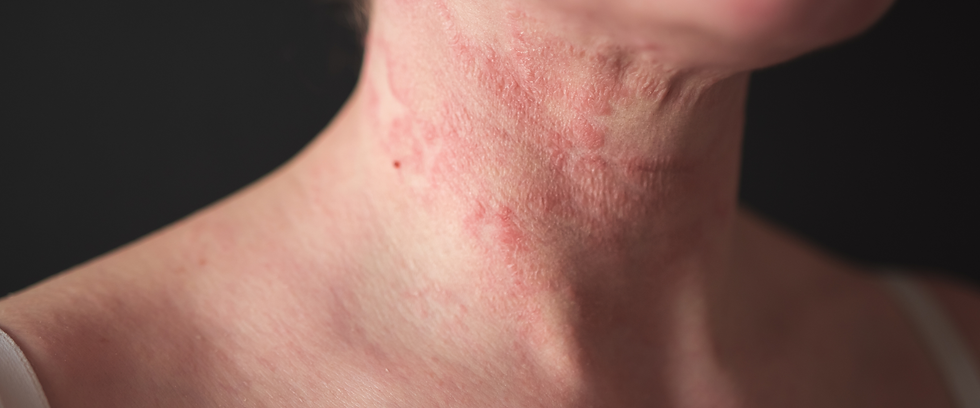How to Improve Your Sleep Naturally (Without Relying on Melatonin or Midnight Googling)
- Lisa Claire
- Mar 27, 2025
- 3 min read
Updated: Sep 12, 2025
If you're regularly pressing snooze, dragging yourself out of bed, or waking up at 3am for no apparent reason, you're not alone. As a Nutritional Therapist, I see this a lot - especially from overwhelmed parents, busy professionals, and women in perimenopause.

Sleep issues are common, but they’re not normal. And they don’t have to be your new normal.
Common symptoms of poor sleep:
Waking up unrefreshed no matter how many hours you got
Brain fog, low mood or irritability
Cravings (especially for sugar or caffeine)
Struggling to stay awake mid-afternoon
Feeling wired but tired at night
So what causes disrupted sleep?
There isn’t one simple answer, but some of the most common factors I see in clinic include:
Blood sugar dips in the night (hello 3am wide-awake moment)
Low magnesium levels (your calming mineral)
High cortisol from stress or over-scheduling
Perimenopause-related hormone fluctuations
Gut imbalances that mess with your melatonin production
If you've ever said, "I just can't switch off," or "My brain wakes up at night," chances are it's more than just being a bad sleeper. It's your body trying to tell you something.
What your GP might say
You may have been told to improve your sleep hygiene - cut out screens before bed, go to bed at the same time each night, avoid caffeine after lunch (all great advice!). But if you've tried that and you're still lying awake, staring at the ceiling... it's time to dig deeper.
My approach to better sleep:
I help my clients look under the hood to find the real reason their sleep is broken. Here are 5 practical, proven strategies we might use to improve your sleep naturally:
Balance blood sugar – Add protein + fibre to every meal. Ditch the evening sugar hit that can cause a crash later.
Up your magnesium – Found in leafy greens, nuts, seeds, and dark chocolate. Or supplement with magnesium glycinate.
Eat tryptophan-rich foods – Turkey, oats, bananas, and eggs help your body make melatonin naturally.
Reduce evening stimulation – That includes scrolling, Netflix, and to-do lists. Try a bath, breathwork, or a chamomile tea instead.
Support your gut – If you're bloated, gassy or constipated, this could be disrupting your sleep cycle. We often start with a stool test to get clarity.
What about sleep in perimenopause?
Hormone shifts during perimenopause can mess with sleep quality. But again - you're not stuck with it. Supporting your adrenal function, balancing blood sugar, and looking at oestrogen metabolism can make a huge difference.
Want to know what's really going on?
I use functional lab testing and one-to-one coaching to help you uncover the root cause of your sleep struggles - whether that’s cortisol imbalance, nutrient depletion, or gut issues. You don’t have to just live with poor sleep.
It can get better. And when it does? Your energy, your mood, your digestion - they all improve too.
Book a free 20-minute call here to find out how I can support you with personalised nutrition.
About Lisa

I’m Lisa Dack, a qualified, registered Nutritional Therapist with a special interest in gut health, hormonal imbalances, energy, skin issues and sustainable weight loss. I work one-to-one with individuals to uncover the root causes of their symptoms and create personalised nutrition, lifestyle and wellness plans that fit seamlessly into their lifestyles. Whether you’re struggling with chronic fatigue, digestive issues, or hormonal imbalances, I’m here to guide you toward lasting health transformations. Let’s work together to help you feel your best.




Comments